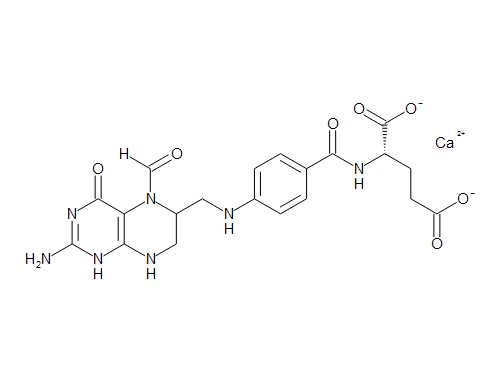While autism and food allergies may be linked, scientists are yet to discover whether autism leads to food allergies or food allergies lead to autism?
A new study by researchers at the University of Iowa suggests that there could be a link between food allergies and autism, but they are still trying to learn how the two interact with each other. The study found that children on the autism spectrum were more than twice as likely to suffer from food allergies compared to children who weren’t on the spectrum.

The study found that 11.25% of children diagnosed with autism spectrum disorder had a food allergy, compared to only 4.25% of children not diagnosed with autism spectrum disorder. Researchers said that the findings add to further studies that suggest immunological problems being a risk factor for developing autism.
Wei Bao, the author of the study and assistant professor of epidemiology at the University of Iowa, said that because the study was observational, they couldn’t directly identify a cause-and-effect relationship between autism and food allergies. “We don’t know which comes first, food allergy or ASD,” Bao said in an interview.
More research will need to be undertaken into what effect food allergies have on autism and what the exact link between autism spectrum disorder and food allergies are. It was also noted that it wasn’t always easy to determine whether children on the autism spectrum disorder had food allergies or it was just behavioral preferences. The study, “Association of Food Allergy and Other Allergic Conditions with Autism Spectrum Disorder in Children,” was published online in the JAMA Network Open.





